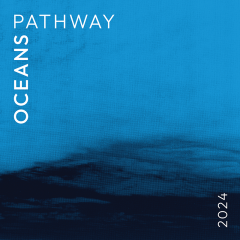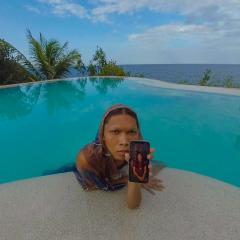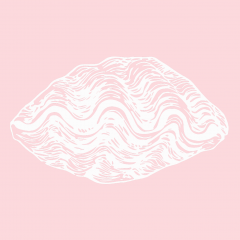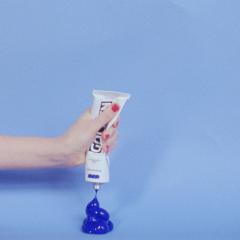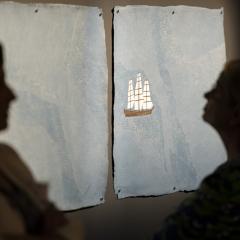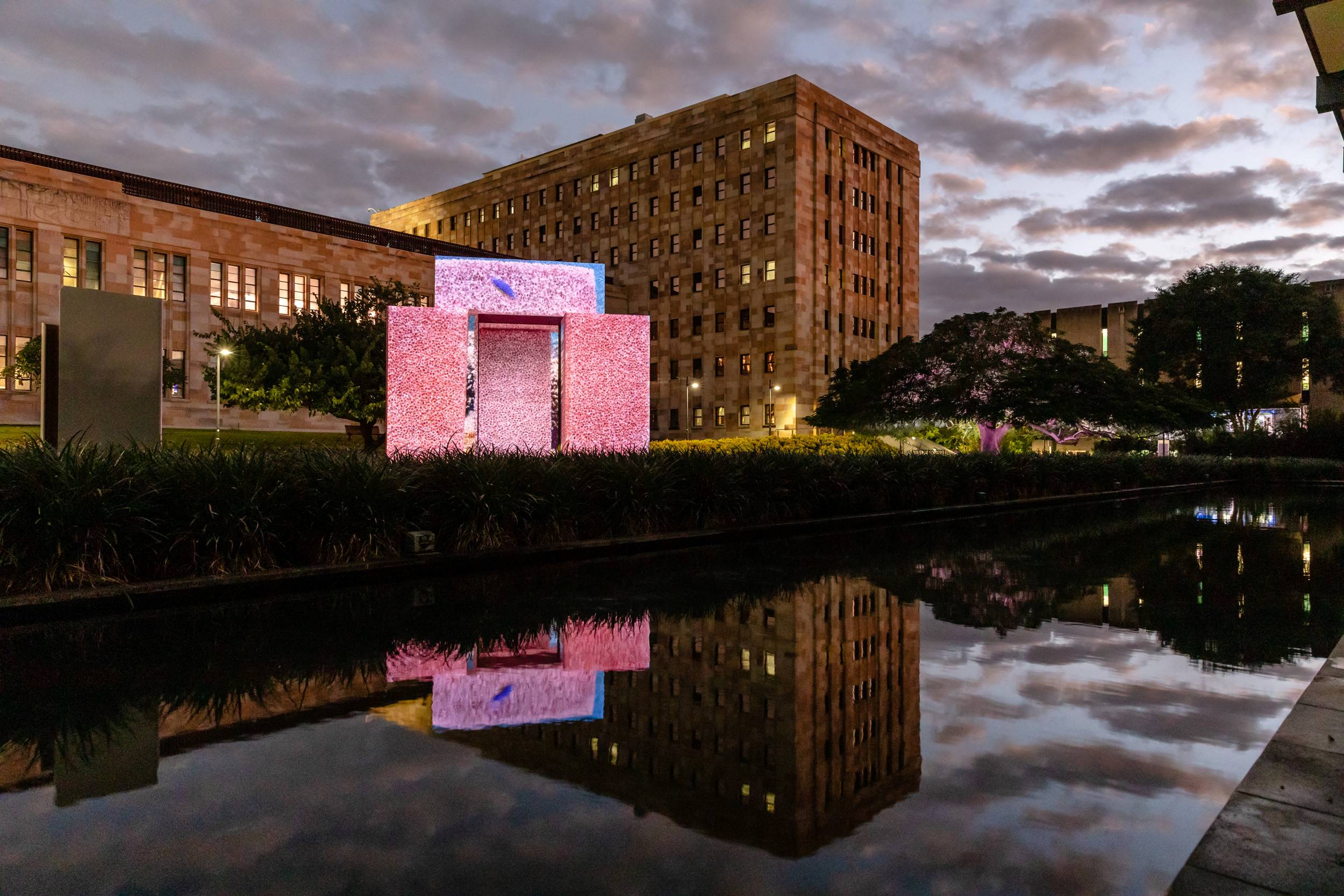
Over the past decade, “blue” has been used to describe thinking about climate in terms of blue spaces such as the ocean, coastal ecosystems including mangroves, tidal marshlands and estuaries, seagrass meadows, and blue-adjacent communities.
Understanding the climate as blue in addition to “green”, has reframed sustainable planning within science, policymaking, climate advocacy and action, law, and finance (for example, blue carbon, blue economy, blue governance, and blue futures). It is also shaping a new approach to the humanities, forcing a re-examination of human cultures and histories through a blue lens.
Blue Assembly is an ambitious multi-year program exploring our relationship with the ocean by gathering these “blue” approaches to research. It aims to upend our assumptions about the ocean, its role in human life and its future in the hope that we might inform policy around climate and the future of global communities.
Over several years, the program will encompass exhibitions, residencies, an online journal, screenings and more. It is underpinned by rigorous scholarly research, including collaboration with experts in UQ’s Centre for Marine Science, one of the largest and most diverse groups of marine experts in Australia.
Blue Assembly programs
to come together as water (2025)
to come together as water unites cultural and creative practices as an expansive reimagining of water protection. Across deep subterranean basins, inland rivers, tidal flats, coastlines and seas, the exhibition reflects on our shared responsibilities to saltwater and freshwater Country. Anchored by Aboriginal and Torres Strait Islander perspectives and lived experience, artists translate how we care for place and sustain community, knowledge, and life worlds.
How we remember tomorrow exhibition (2024)
How we remember tomorrow celebrates storytelling across generations, through oceans and waterways and transcending eras and perspectives. Featured artists understand the watery spaces of our planet as ancestral archives: sources of knowledge that carry stories and cultural practices. Alongside their kin, they honour intergenerational narratives that are disseminated along ocean currents despite ongoing colonial legacies of forced displacement, homeland dispossession, indenture and the loss or dormancy of vital cultural practices.
Mare Amoris | Sea of Love exhibition (2023)
Mare Amoris | Sea of Love gathers creative and intellectual practices that dissolve the colonial boundaries of oceans and their connected waters. Artists and their kin give language, voice, and form to these watery spaces, passed down through matrilineal storytelling, bodily memory, and land-based knowledge systems. Through artworks that confront the complexities of love, rage, grief and healing, Mare Amoris embraces love as an uprising: an active force with which to mobilise, organise, and create room for radical expressions of care beyond capital.
The Clam's Kiss | Sogi a le Faisua journal
The Clam’s Kiss | Sogi a le faisua is a multilingual journal dedicated to forms of transoceanic relation, creativity, and knowledge. It shares essays, reflections, interviews and poems in the spirit of the ceremonial and political practices of reciprocity and affirmation evidenced in the sogi practice (shared breath of life or ritualised kiss); a practice common across many Great Ocean cultures but restricted in a time of planetary health crisis. The Clam’s Kiss | Sogi a le faisua signals a much-needed shift towards transoceanic ways of relating and thriving.
Ultramarine Conversations
Ultramarine Conversations presents guest speakers from a diverse range of fields and practices. Through a series of talks and panel discussions they will take you into the watery spaces of our planet, exploring biodiverse environments, human and non-human habitats, and the varied and complex place of the ocean in global cultures.
Oceanic Thinking exhibitions (2022)
Blue Assembly launched with the Oceanic Thinking exhibition series that directly reflected on complex, multiple stories of the ocean. Artists explored the watery spaces of our world from the perspectives of past, present and future; they also considered the nature of desire and the extractive violence of colonialism, as well as providing speculations about what a future lived in partnership with the ocean might look like.
Curatorial-Researcher-in-Residence: Dr Léuli Eshrāghi
Dr Léuli Eshrāghi is a Sāmoan/Persian/Cantonese interdisciplinary artist, writer, curator and researcher working between Australia and Canada. During their Blue Assembly residency with us, they are collaborating on The Clam's Kiss | Sogi a le Faisua generating new research on the Great Ocean and Asian diasporas from the position of Australia, as well as working closely with UQ scholars, curators and artists to develop innovative programming. Learn more about Dr Eshrāghi’s work.
Banner image New Mineral Collective, "Pleasure Prospects", 2019, single-channel colour video with sound, 4k. Courtesy of the artists. Photo: New Mineral Collective.


